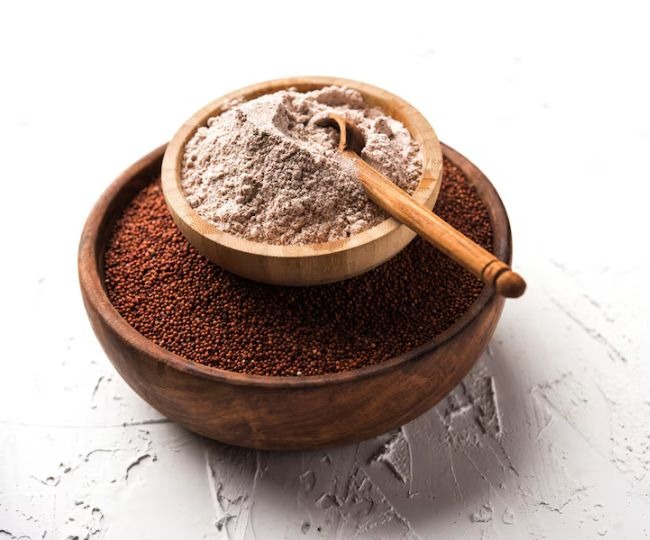
Ragi Superfood Benefits: You must have heard that Ragi is a very beneficial grain, but do you know that it is known by different names in different places? In Maharashtra it is called Nachni and in Bihar it is called Madua, while in English it is called Finger Millet.
People adopt many measures to keep the body warm in winter, but very few people know that one of these is to make ragi a part of the diet. Yes, ragi not only keeps the body warm, but it is also a treasure trove of nutrients. It contains plenty of amino acids, anti-oxidants, vitamins, minerals and fiber which benefit our body in many ways. Let us know about it in detail.
Benefits of eating ragi in winter
- Keeps digestion healthy: Ragi is rich in fiber, which helps in improving digestion. It provides relief from problems like constipation, acidity and flatulence.
- Helpful in weight loss: Ragi is low in calories, which keeps the stomach full for a long time after eating it. It is a good option for weight loss.
- Strengthens bones: Ragi is rich in calcium, which helps in strengthening bones. Along with this, it also protects from the risk of osteoporosis.
- Prevention of anemia: Ragi is rich in iron, which helps a lot in fighting anemia.
- Control blood sugar: Ragi has a low glycemic index, which means it increases blood sugar levels slowly. In such a situation, it is very beneficial for diabetic patients to eat it.
- Relieves stress: Ragi contains an amino acid called tryptophan, which increases the production of serotonin. Serotonin is a neurotransmitter that helps improve mood.
- Healthy for heart: The antioxidants present in Ragi help in reducing the risk of heart-related diseases.
Who should not eat Ragi?
Despite so many benefits, some people should avoid eating ragi or consume it in very limited quantities. Let's find out.
- Kidney problems: Ragi contains high amount of calcium, which can be harmful for people with kidney problems.
- Thyroid problems: People with thyroid problems should also consume Ragi with caution.
- Digestive problems: If you have gastritis, acidity or stomach ulcers, consult your doctor before including ragi in your diet.
--Advertisement--

 Share
Share



